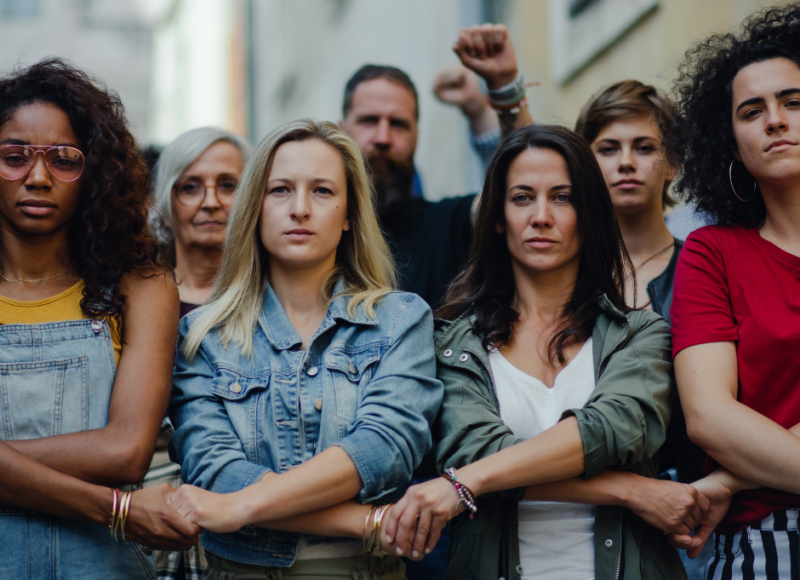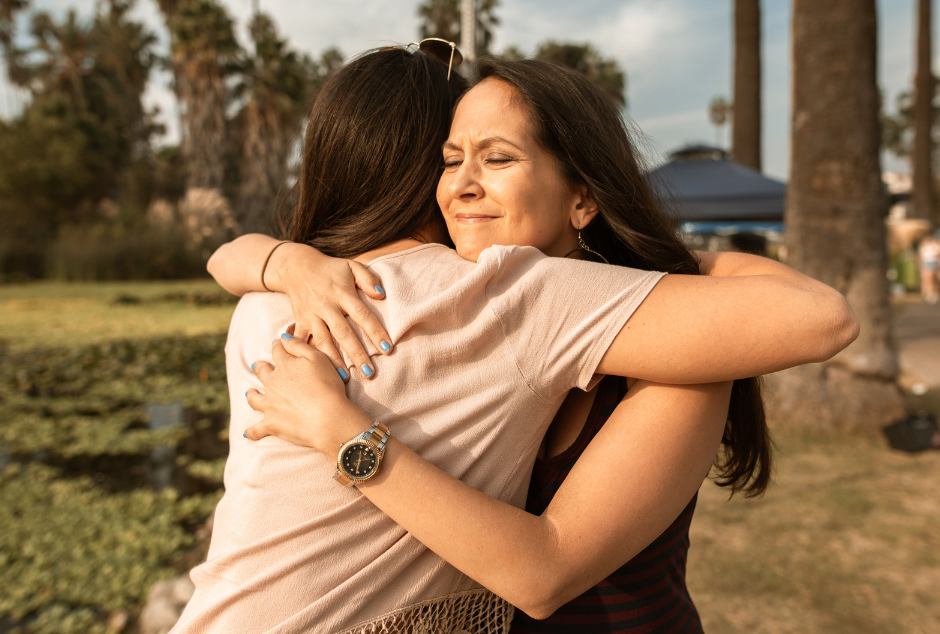Your cart is empty.


Your cart is empty.
Advocacy
Sexual harassment is a serious, widespread issue in Australian workplaces
Everyone deserves to feel safe and to be treated equally at work.
Workplaces should be safe places for all – free of sexual harassment, discrimination, bullying and violence. Yet, one in three workers have experienced workplace sexual harassment in the last five years. This is far too common.

It is Australia’s most widespread health and safety issue. Sexual harassment is driven by outdated gender stereotypes and unfair power imbalances in the workplace, which continue to harm women and all workers.
Sexual harassment comes in many forms including:
According to the Australian Human Right’s Commission’s Time for respect: Fifth national survey on sexual harassment in Australian workplaces, in the last five years, one in three Australians (33%) have been sexually harassed at work (41% of women, 26% of men, and 67% of non-binary people).
Some workers experienced sexual harassment at rates disproportionate to the total population, including young people, LGBTQIA+ people, Aboriginal and Torres Strait Islander people, and people with a disability. Most sexual harassment in workplaces is carried out by men (77%).
The vast majority of people want to do the right thing, and everyone can play an active role in the solution. Workplace sexual harassment is preventable.
Over the past few years, many workers have spoken out about harassment they’ve experienced, and momentum has gained around this issue. Since the groundbreaking Respect@Work Report in 2020 , we have seen important changes such as new positive duty laws.
‘Positive duty’ means organisations and businesses must actively prevent workplace sexual harassment, sex discrimination and other relevant unlawful conduct, rather than responding only after it occurs.
But there is still much to do, to educate communities, change our workplaces and ensure women and all workers can see justice and change in action.
The Working Women’s Centre prioritises responding to sexual harassment across all our organisation’s work – providing legal advice and representation to women who have experienced sexual harassment at work, advocacy and campaigning around issues such as the negative impact of Non-Disclosure Agreements, and our expert workplace education and training.

Ending the misuse of NDAs
It is difficult to stop sexual harassment if the people who experience it are prevented from talking about it. Employers and their lawyers are routinely silencing and further harming victim-survivors by compelling them to sign NDAs. NDAs can hide systemic problems in workplaces by protecting those responsible.
We believe workers should have a genuine choice not to sign an NDA, instead of NDAs being used as ‘standard’ in sexual harassment matters. The Working Women’s Centre SA is calling on the South Australian Government to restrict and regulate the application of Non-Disclosure Agreements in our state, so that their overuse and misuse in workplace sexual harassment matters is stopped.



Learn more about different legal pathways for reporting workplace sexual harassment
Our fact sheet provides information about making a legal claim if you have experienced workplace sexual harassment.
Please note that this fact sheet does not take the place of legal advice, and it is important to get legal advice as soon as possible.
Read the fact sheet about workplace sexual harassment